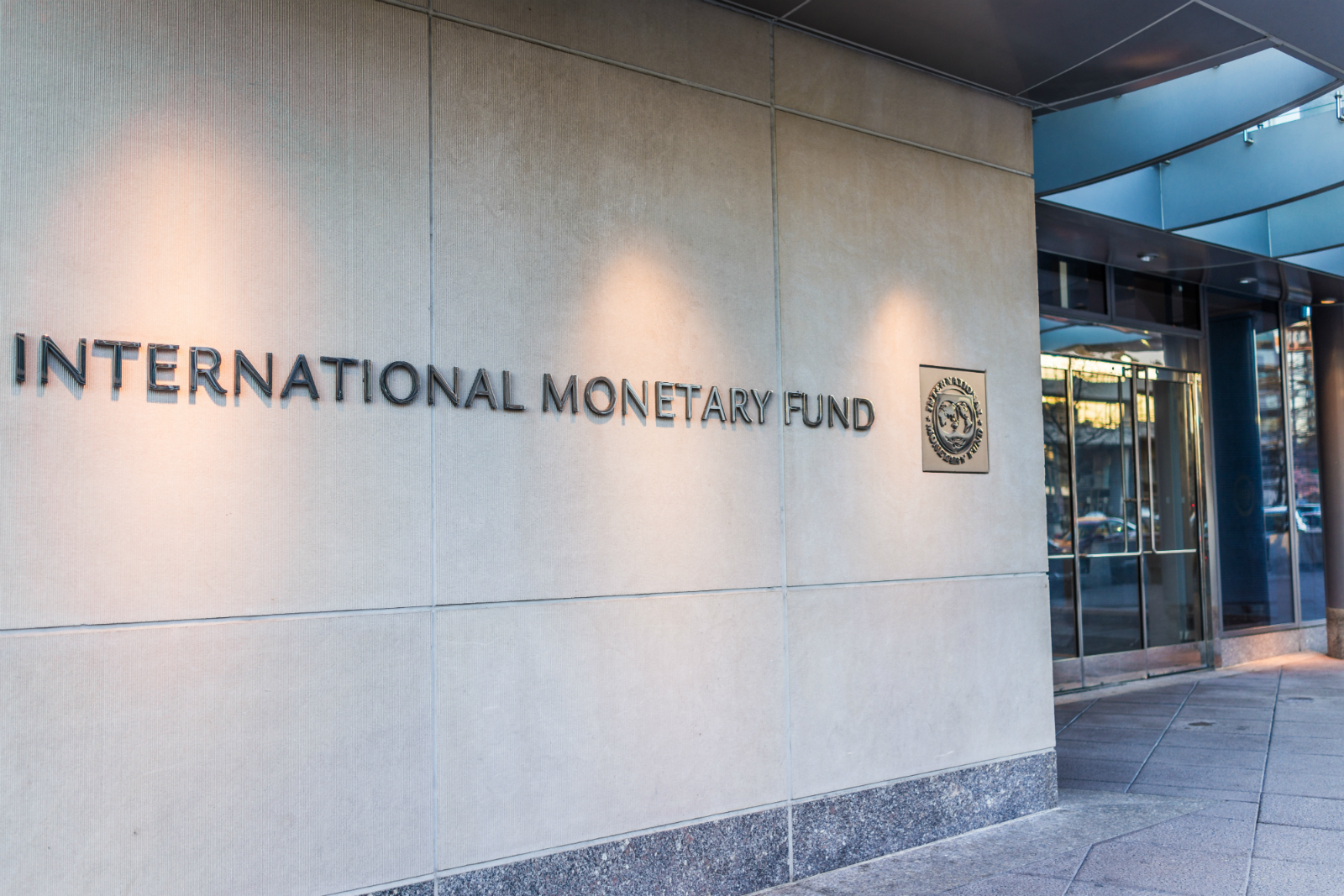IMF releases report card on pandemic aid to Egypt

The IMF heaped praise on Egypt’s response to covid-19 in a staff report on the recently-approved one-year USD 2.8 bn rapid financing instrument Cairo received to help “targeted and temporary” spending. “The Government of Egypt has responded to the crisis with a comprehensive package aimed at tackling the health emergency and supporting economic activity. The authorities acted swiftly to allocate resources to the health sector, provide targeted support to the most severely impacted sectors, and expand social safety net programs to protect the most vulnerable,” the fund said. This includes the government’s EGP 100 bn stimulus package, which amounted to 1.8% of GDP, and includes increased health and social spending. The loan, which was approved in May, was followed by a separate USD 5.2 bn standby agreement to help plug a balance of payments shortfall.
The fund also liked the CBE’s interest rate cut in March, but is suggesting rates be left on hold until the impact of the historic 300 bps cut becomes clearer. Further easing needs to consider how a lower interest rate could create capital flight, drive up inflation, or create pressure on the EGP, the fund said.
Continued exchange rate flexibility will be a “crucial shock absorber,” it added.
But challenges remain: The fund’s analysis of how covid-19 affected Egypt was largely unchanged from what it said in a staff appraisal in August on approving the larger standby facility. “Growth [is also] projected to sharply slow during 2019/20 and 2020/21 as a result of a halt in tourism, reduced remittances, and a slowdown in domestic activity,” it said yesterday. Lack of clarity on when the pandemic will end is obviously a challenge, the fund noted.
A longer recovery period could mean more “unemployment, larger public debt, lower growth, rising poverty and inequality, asset quality erosion in the banking sector, and social pressures.”
The fund thinks GDP growth will rebound to pre-pandemic levels of 5.5% in the medium term, the fund forecasts, after having revised downward its projections for the current fiscal year. Average inflation will accelerate to 9% this fiscal year, up from 6% in FY2019-2020, before falling back to 7.2% the year after, according to IMF projections. Unemployment, meanwhile, is also expected to rise especially due to the shutdown of the tourism sector, but the fund offered no hard figures.
Other key indicators:
- Net foreign direct investment will fall to USD 7.1 bn by the end of the fiscal year, down from USD 7.8 bn in FY2019-2020, but recover to reach USD 17.1 bn in FY2024-2025;
- The current account balance, excluding interest payments, will worsen to a deficit of 3.1% by the end of 2020, from a surplus of 1.6% in 2019, before gradually recovering to a surplus of 3.7% in 2025; and
A refresher on the rapid financing instrument: The IMF instrument is designed to address emergency spending needs. It is usually easier to access for most member countries, and will involve less stringent conditions than a full-fledged reform program, unlike the USD 12 bn extended fund facility we had signed up for following the EGP float.
Read the report: Tap or click here for the landing page or download directly here (pdf).